Doctors Javier Romero and Thomas Duncan have a message for Ventura: Venturans must start a dialogue around gun violence.
“That’s the only way it’s going to be mitigated,” said Romero.
Romero and Duncan are trauma surgeons at Ventura County Medical Center, one of Ventura County’s two trauma centers. Duncan is the Trauma Medical Director – “my role is to oversee the entire trauma system,” said Duncan – while Romero is Director and Chairman of the Department of Surgery, in addition to being a trauma surgeon and surgical intensivist.
According to Duncan, VCMC sees 80-120 trauma cases in an average month, 10-12 percent of which involve children or adolescents. Of all cases, penetrating trauma – shooting or stab wounds – make up about 15 percent.
Listen below to interviews with both doctors.
In addition to their immediate medical role, the trauma center is also doing research on gun violence.
“We are actually looking at the data and currently getting a baseline on the trends of violent trauma, particularly for gun violence,” Romero said.
Duncan said that the research is being done with the American College of Surgeons Committee on Trauma, of which Duncan is a member. The research, currently ongoing, is “a hot topic at this point in time, as you can imagine.”
Duncan emphasized the need for further research on gun violence: “Without doing the research you cannot come to the table with great ideas.”
“The Dickey Amendment back in the [1990s] forbade us from doing any intense research on gun violence,” he said.
The Dickey Amendment, named for Arkansas Republican Rep. Jay Dickey, was passed in 1996 and reads, per CNN, “None of the funds made available for injury prevention and control at the Centers for Disease Control and Prevention may be used to advocate or promote gun control.”
Dickey himself called for a repeal of the Dickey Amendment prior to his death in 2017, writing that “doing nothing is no longer an acceptable solution,” in a 2015 letter to Congress. Whether or not the amendment allows for research into gun violence has been a matter of controversy in 2018.
“If the portion of the Dickey Amendment can be stricken such that we can now do research, it would change things quite a bit,” said Duncan.
In the wake of mass shootings like Thousand Oaks’ Borderline Bar and Grill shooting on Nov. 7, however, Romero and Duncan are also focused on tackling gun violence as a public health issue. One aspect of raising public awareness is teaching students how to respond in a trauma situation.
To teach students how to control bleeding from injuries, Romero and Duncan run a program for the public, including high school students, called Stop the Bleed.
“We teach the students to be active [participants] in patient care, being essentially a first responder,” said Romero.
“For example,” Duncan said, “if an individual gets injured at the level of the arm or the leg and they’re bleeding from it they can control bleeding by using either a tourniquet or packing of the wound. And that’s a way they can help control the bleeding while waiting on the EMS [emergency medical responders] to show up.”
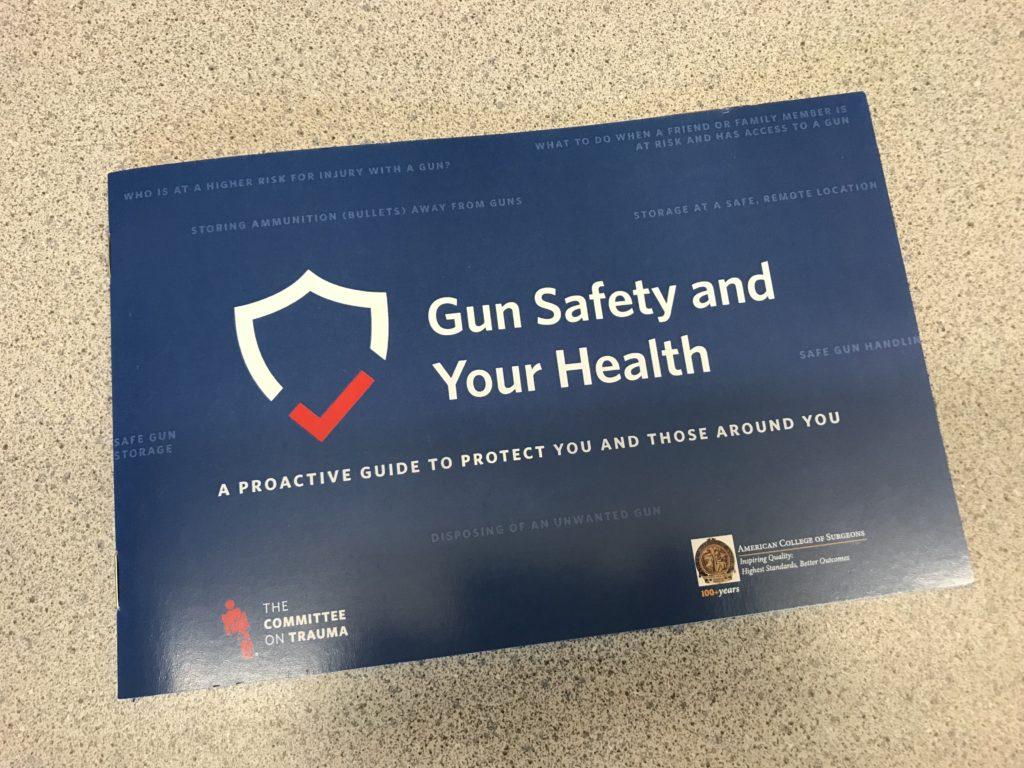
Principal Carlos Cohen expressed interest in the program, which has contacted Ventura High School, saying that VHS will “definitely be working with Stop the Bleed.”
“It’s Ventura High School’s priority to make sure that all our students and [their] families are safe so anything that we can do to help our students be well-prepared for any emergency not just-on campus but off-campus too.”
Romero also stated that the essence of the response to gun violence is “to start a dialogue between different factions and different attitudes towards gun violence and gun ownership.”
“It is the belief of our trauma center as well as the American College of Surgeons [that] we need to actually establish a dialogue and to actually come to some agreement on the best way to approach this national epidemic.”
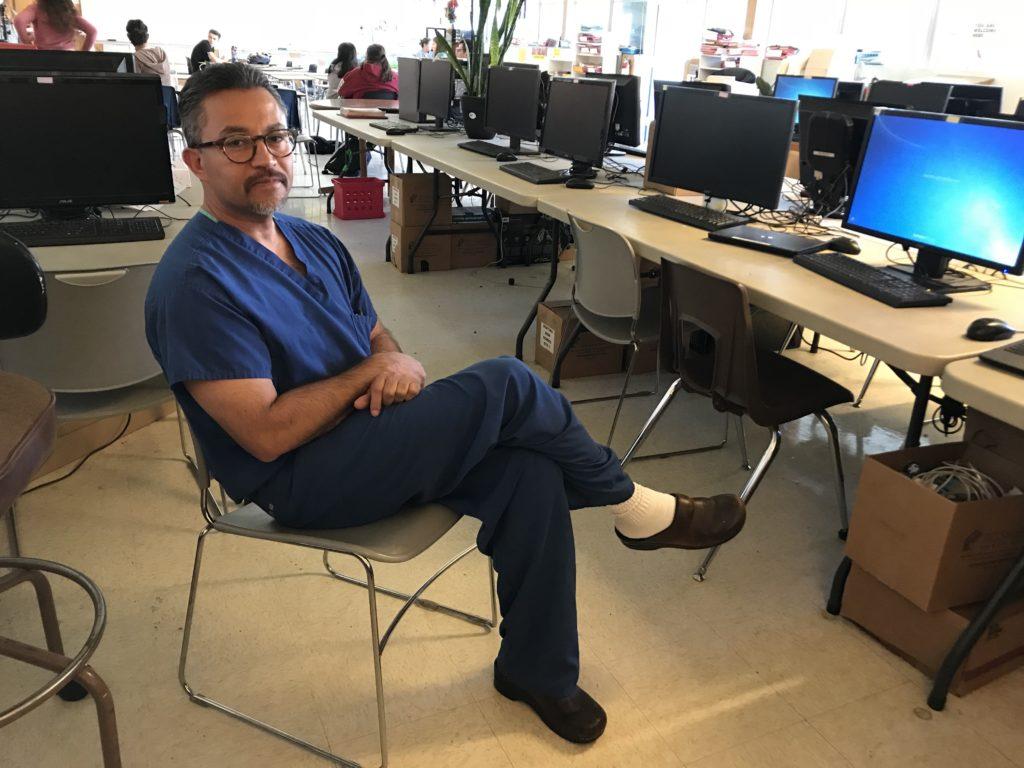
“It is the philosophy of our trauma center as well as the American College of Surgeons [to] not to judge or not to take away the second amendment rights but in order to actually work together to come to some type of solution working with various organizations on this horrible problem that we’re having currently in our country,” Romero said.
The National Rifle Association recently came under fire for its criticism of another physician group, the American College of Physicians, an organization of internal medicine physicians.
The NRA told the ACP, which published a position paper in the Annals of Internal Medicine calling for policies “that the evidence suggests will be effective in reducing deaths and injuries from firearm-related violence,” to “stay in their lane.”
Someone should tell self-important anti-gun doctors to stay in their lane. Half of the articles in Annals of Internal Medicine are pushing for gun control. Most upsetting, however, the medical community seems to have consulted NO ONE but themselves. https://t.co/oCR3uiLtS7
— NRA (@NRA) November 7, 2018
Many trauma surgeons took to Twitter to argue that gun violence is their lane using the hashtag “#ThisISMyLane.”
https://twitter.com/DrLNez/status/1066373256465301506
Some days you feel awesome about the young gunshot victim who should have died from his injuries but didn’t because you were there to save him. Some days you mourn the young gunshot victim you couldn’t save. Today is both those days #thisismylane
— Jessica Weaver MD PhD (@jweaves32) November 29, 2018
“I did not get upset about [the NRA statement],” said Romero.
“My first response to that was that there’s an opportunity for education. It was obvious to me and to many of my colleges that the National Rifle Association was unaware of what we’ve done and what we do in our daily lives so this is an opportunity to begin the dialogue.”
Romero expressed interest in working with the NRA: “At the end of the day they are the subject matter experts.”
“I don’t deal with guns all the time, particularly for gun safety,” he said, “and I think working hand in hand with the NRA, we can actually learn a lot from that organization on gun safety and gun ownership.”
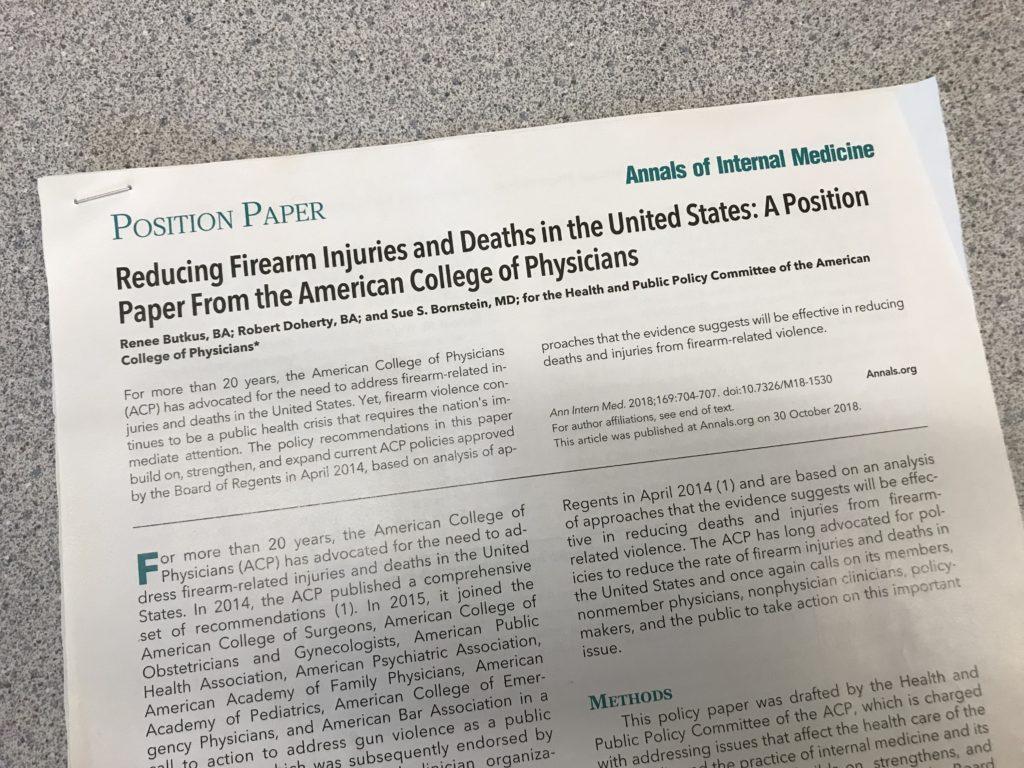
“I definitely don’t think that gun violence is an issue adequately taught in schools,” said junior India Hill.
“I can’t recall a single lesson throughout my school career in which we really discussed the effects of gun violence. Even when preparing for lockdown drills, teachers might [mention] shootings but it seems to me that they’re possibly afraid of making lessons ‘too political’ by having a candid discussion or lesson on the ways gun violence can affect us and our health and how to prevent such tragedies.”
Hill, who helped organize the Ventura March for Our Lives last Spring and is the founder and president of VHS’s chapter of National Association of Students Against Gun Violence, suggested incorporating discussions of gun violence into school curriculum: “I think that if in our health classes there were to be a section of the curriculum in which we discussed the topic and were given reliable, factual information, [then] students would be able to better their understandings.”
Hill also stated that she felt the NRA’s statement was “kind of ridiculous.”
“The people saying this aren’t just ‘anti gun doctors,’ they’re surgeons or other well-educated doctors who have seen the effects of gun violence firsthand.”



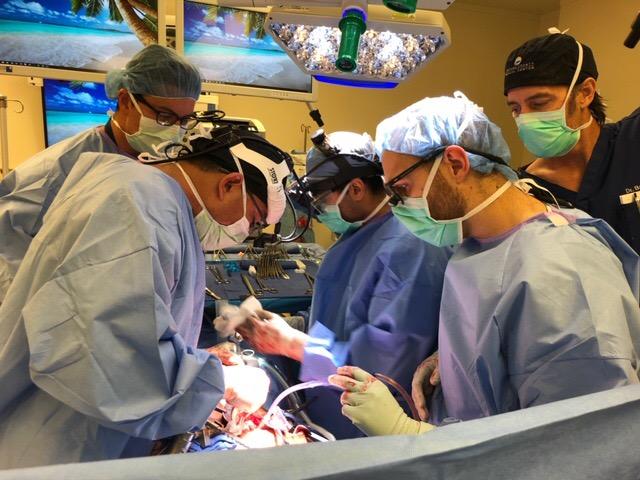
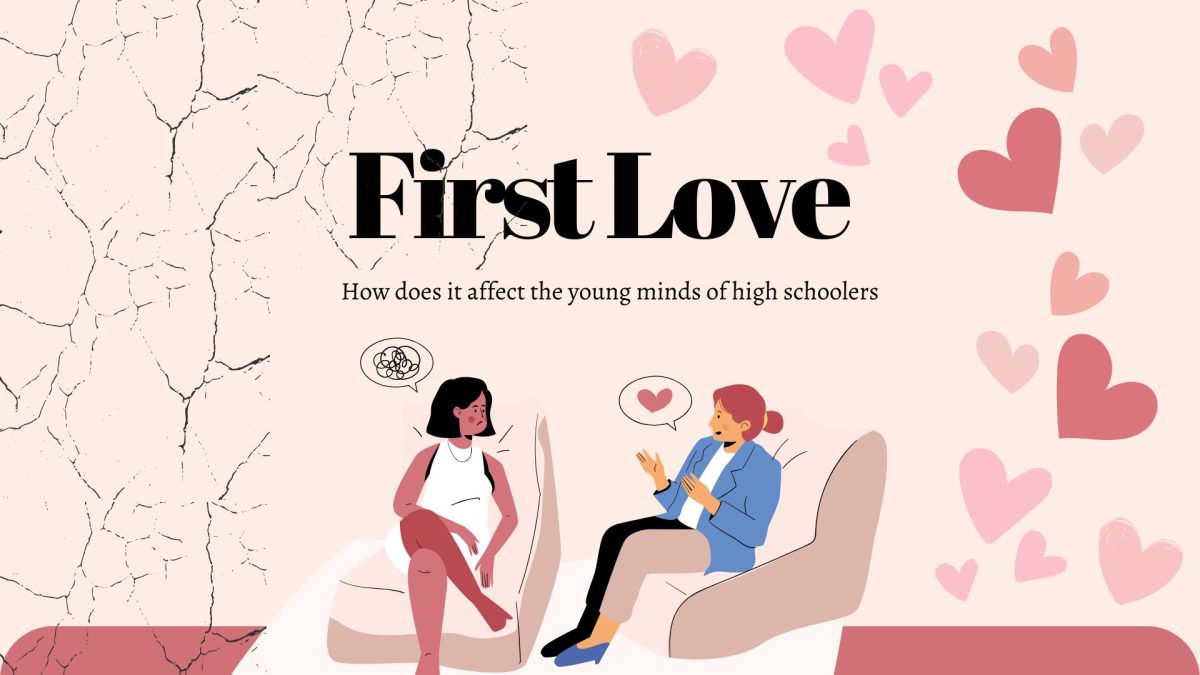
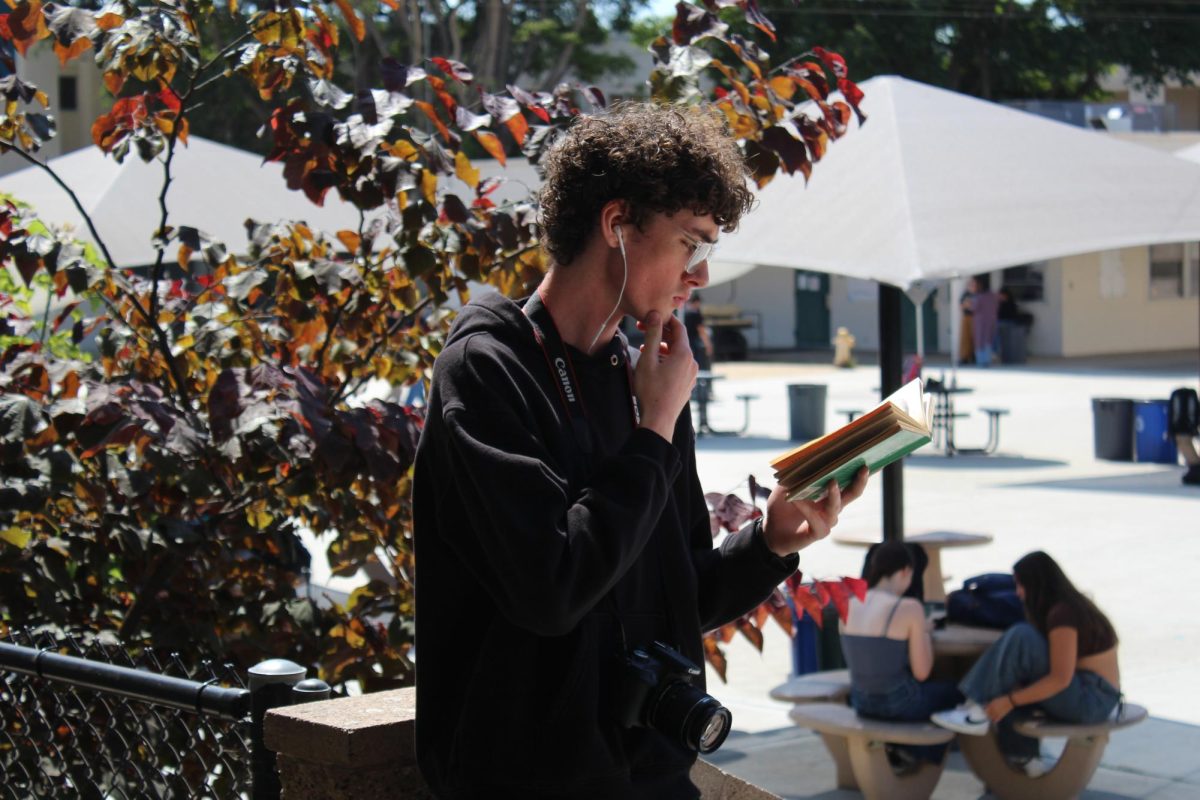
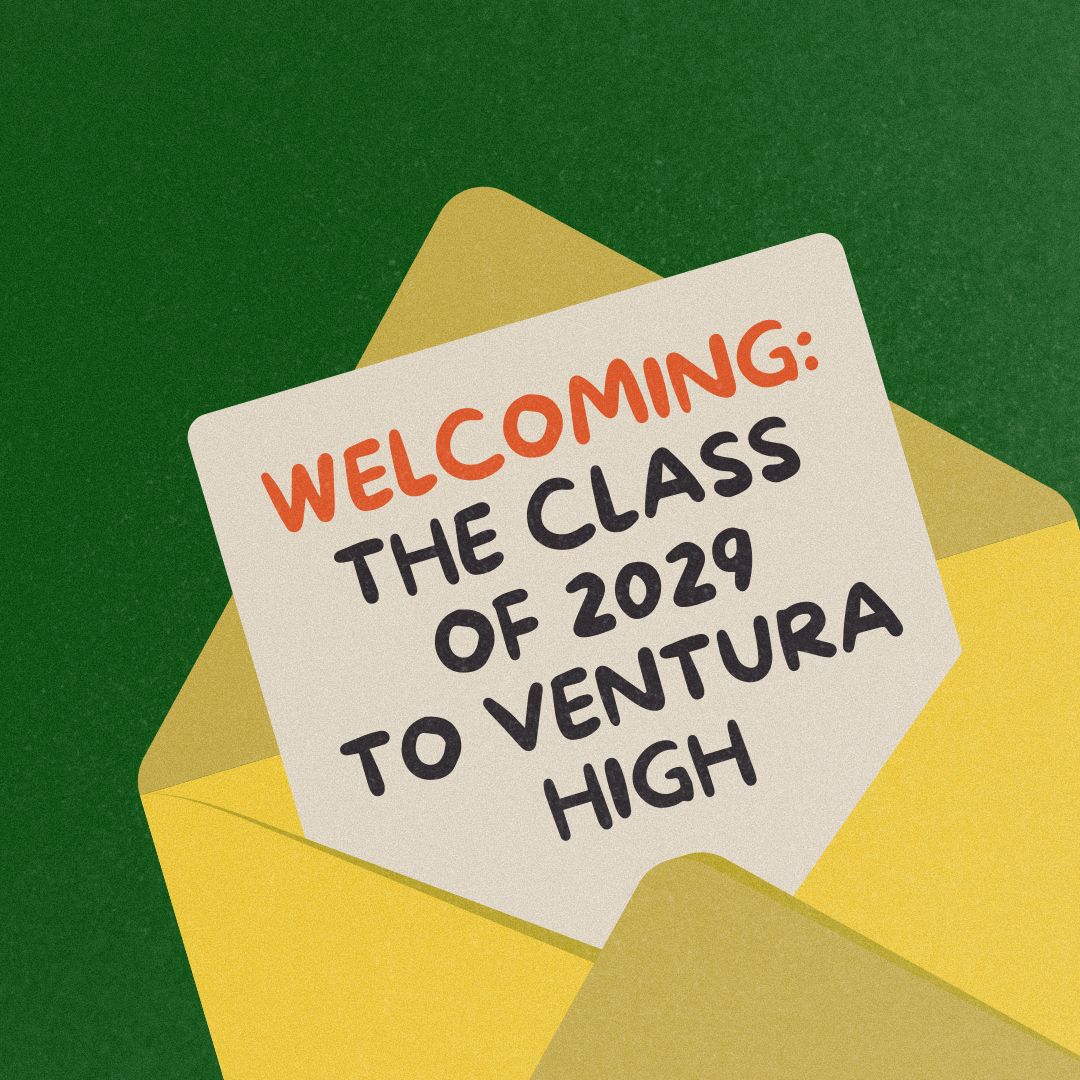
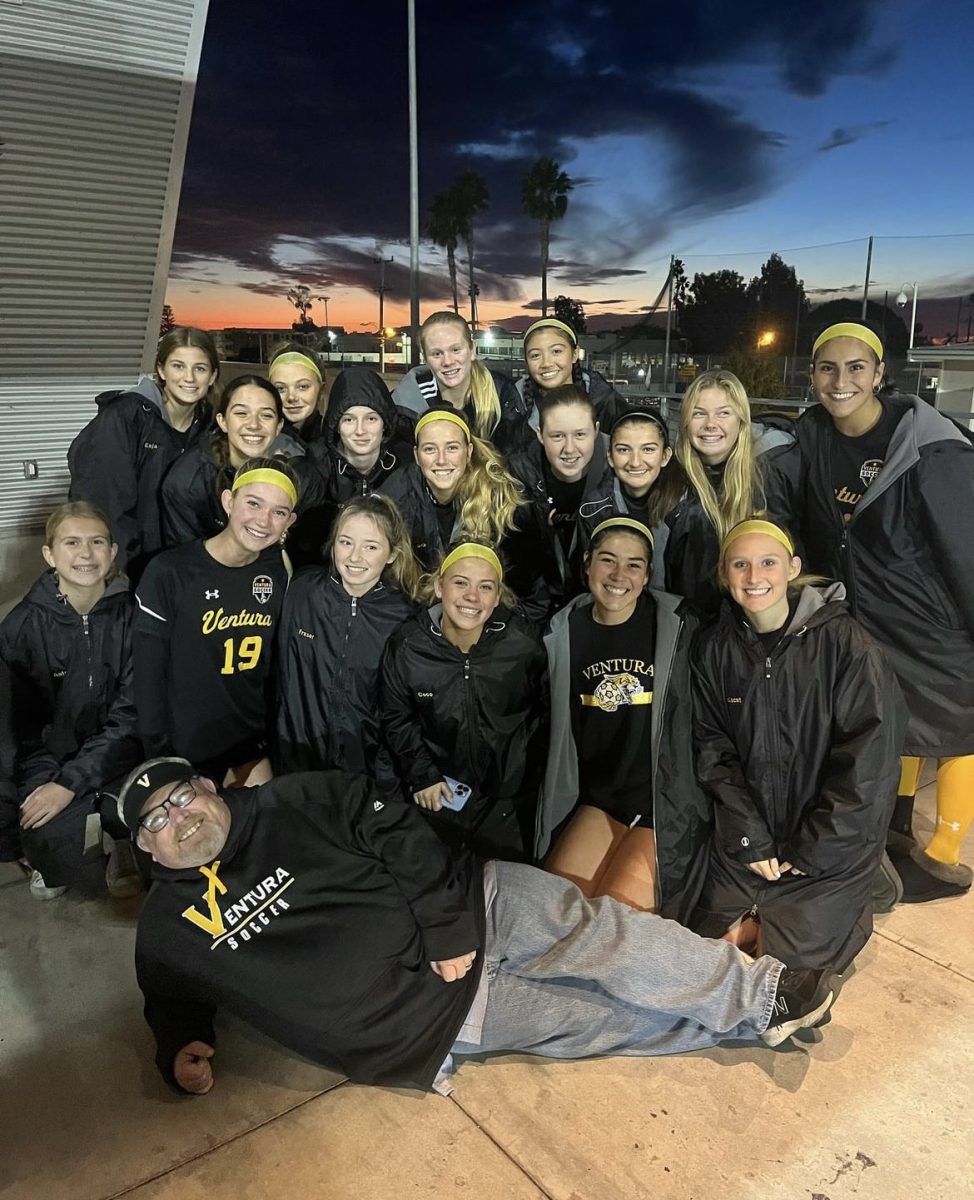


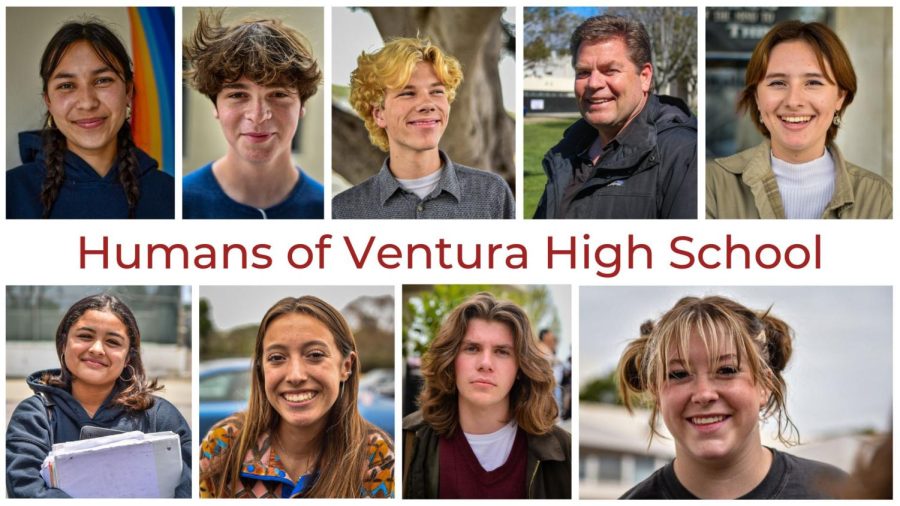
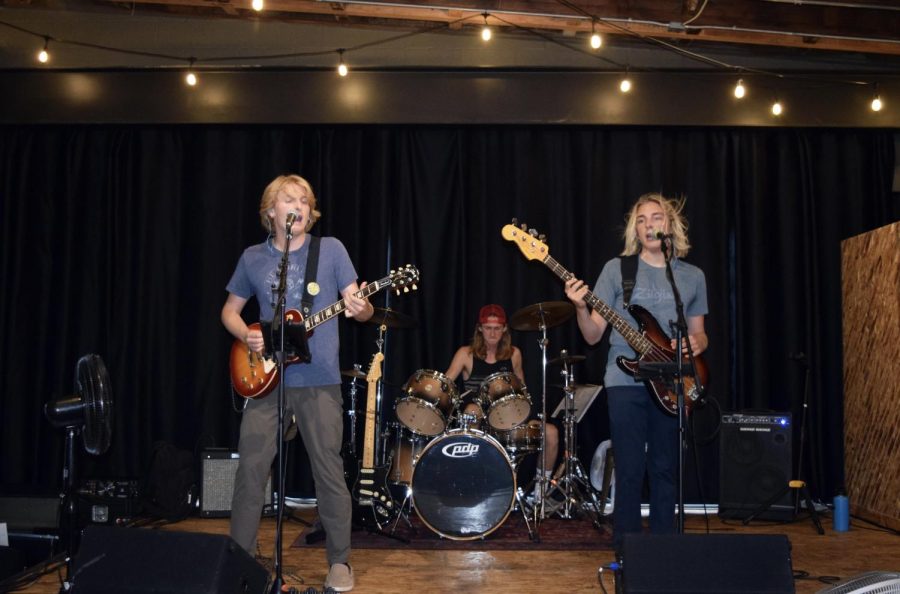

![Junior Tobias Raymond said, "I started playing [football] in 8th grade and I was always a little nervous to play but I fell in love with it. I think I love football because of the team camaraderie. It’s really fun being around all of the guys on the team." Photo by: Alejandro Hernandez](https://thecougarpress.org/wp-content/uploads/2022/05/AH-Tobias-Raymond-5-2022-13-900x600.jpg)
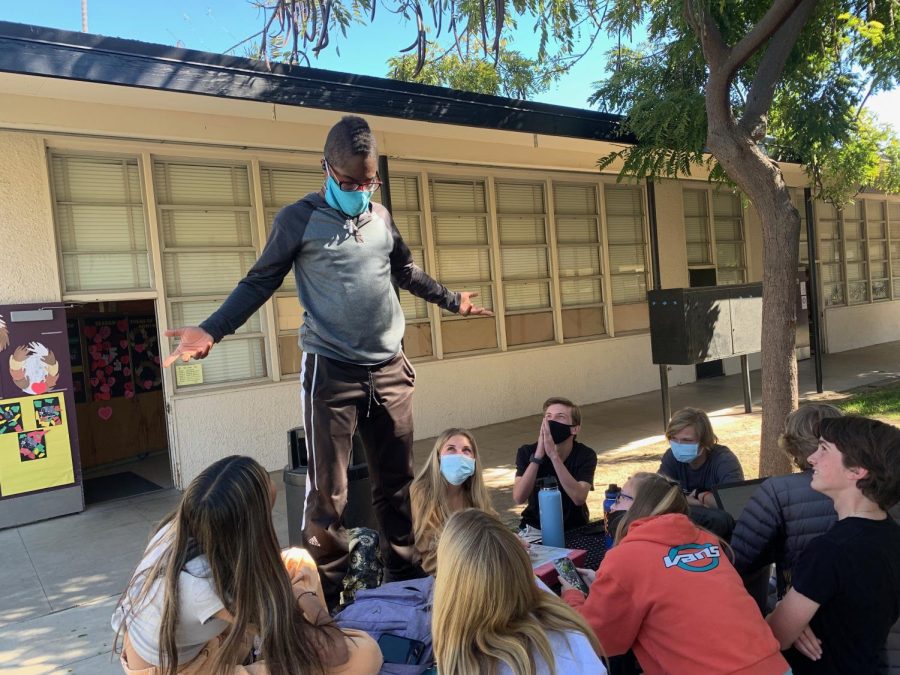
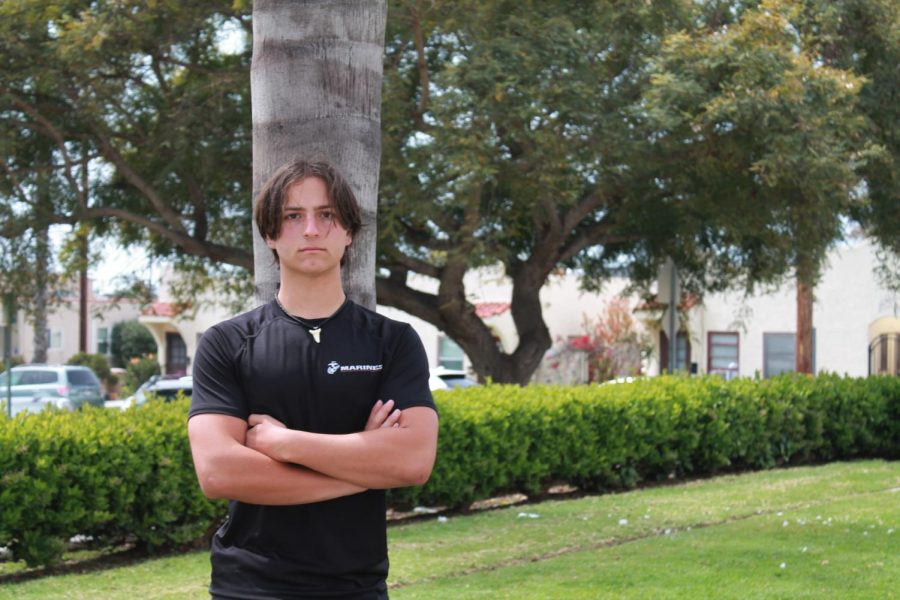
Steven Nash • Dec 23, 2018 at 3:09 am
Quite an impressive effort from a local senior!
Not only are we subjecting our children to active shooter drills, we are also instructing them on how to “stop the bleed”.
This is probably one of the saddest things I’ll read about this year. This is just a rhetorical question but shouldn’t we be protecting our children rather than telling them the best ways to shelter and hide from a murderous shooter and then triage the survivors?
Angela Polo-Dixon • Dec 22, 2018 at 11:27 pm
I so appreciated the embedded link to the ACP position paper…
Clifford Wilcox • Dec 1, 2018 at 10:01 am
Online Cougar Press rocks!